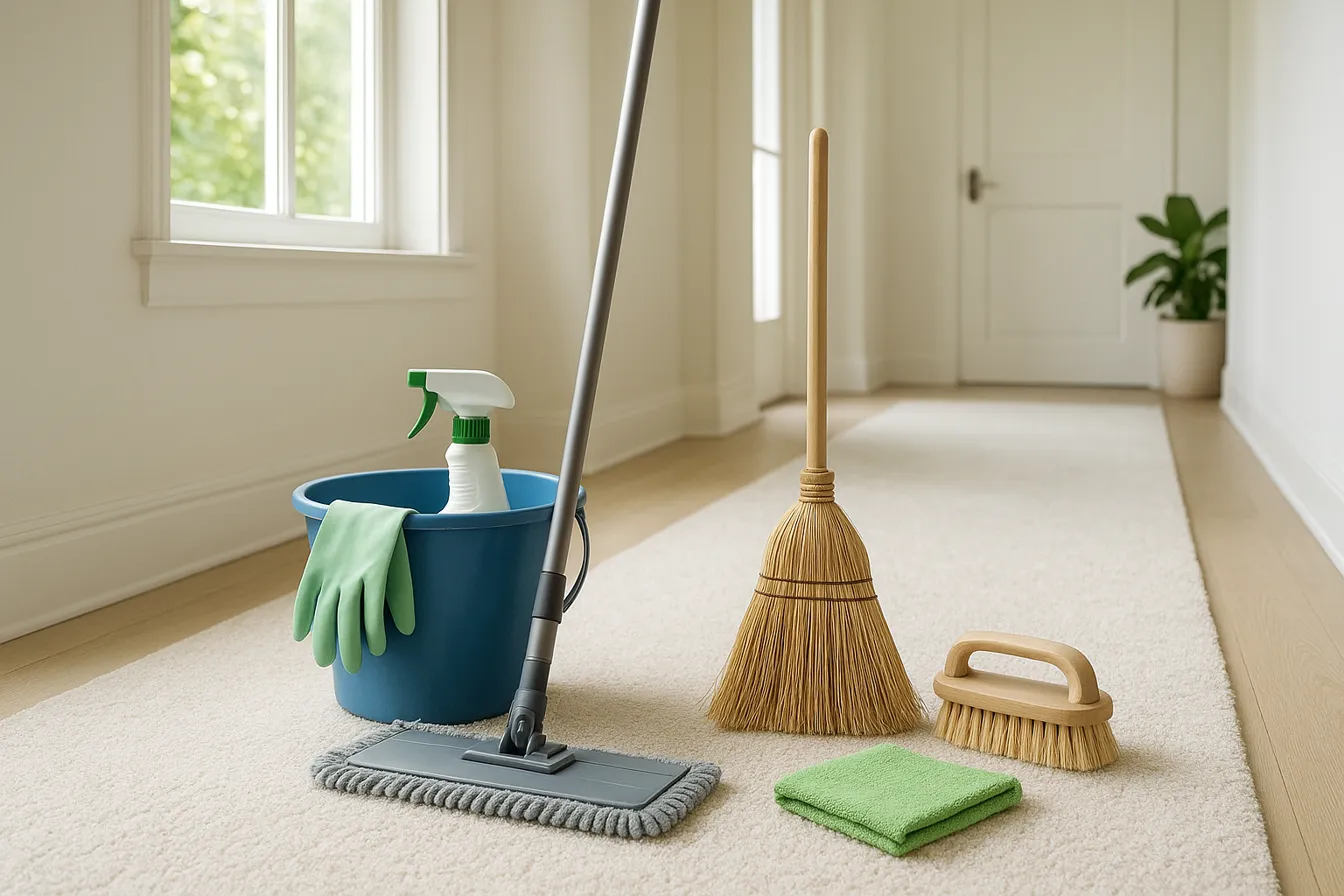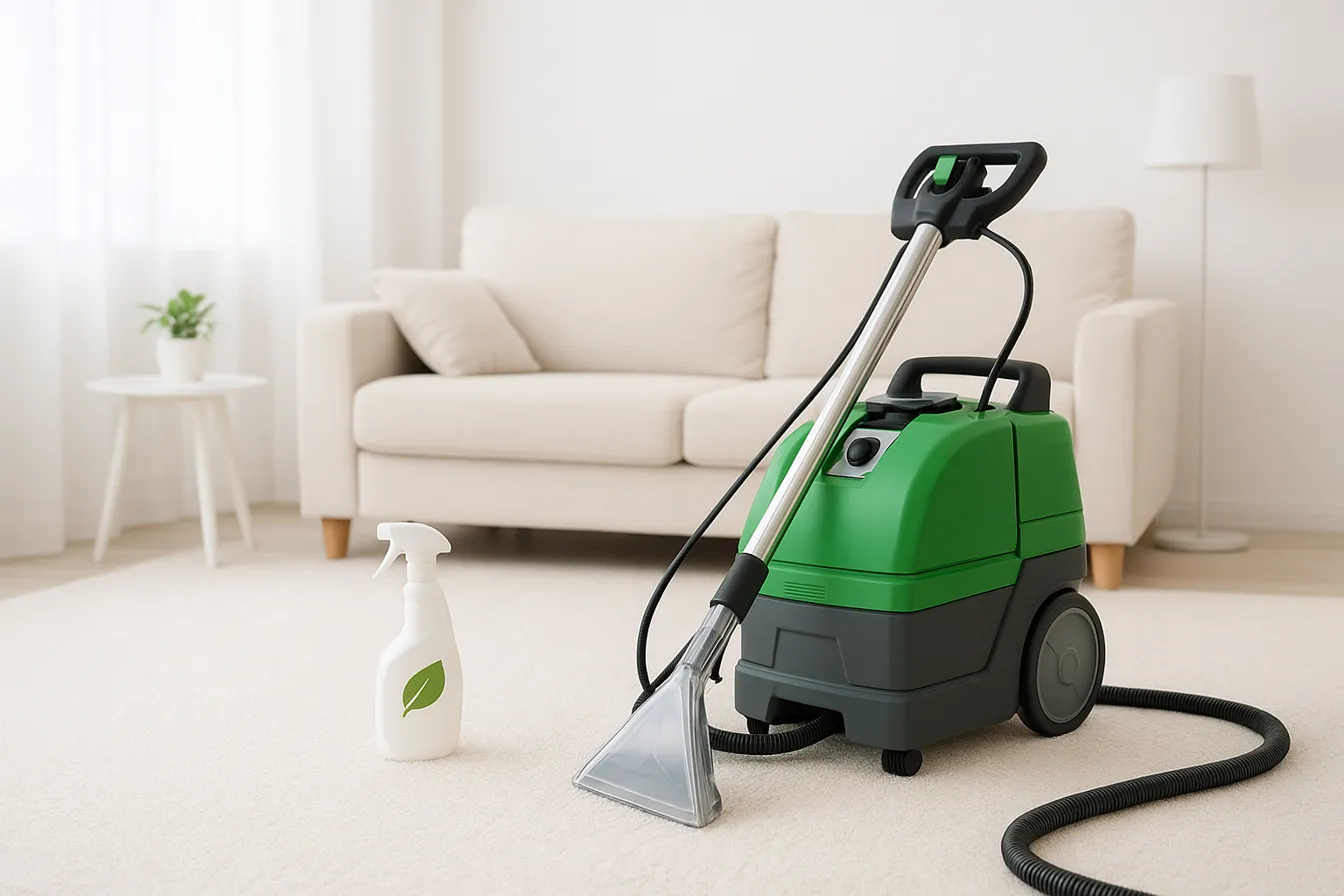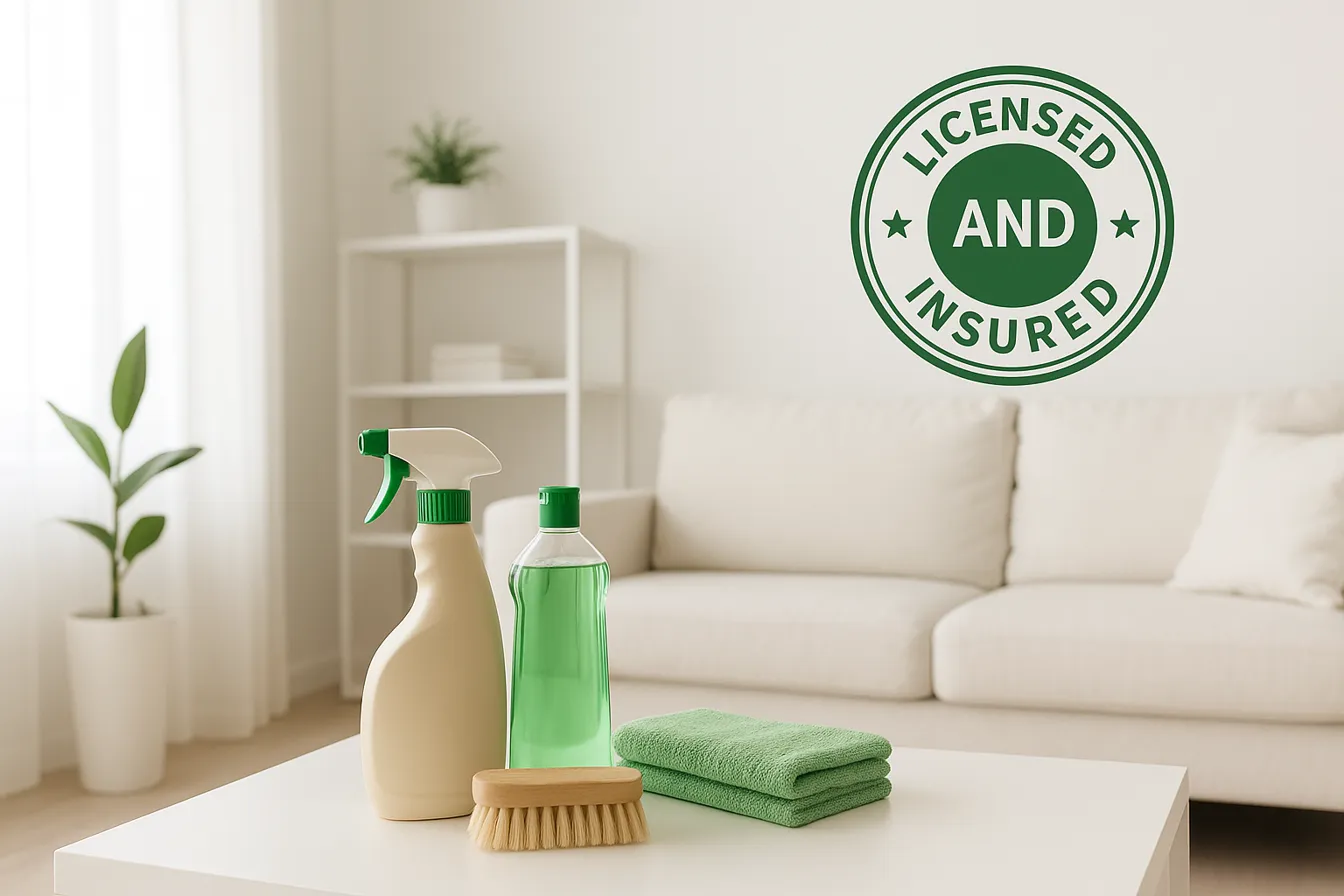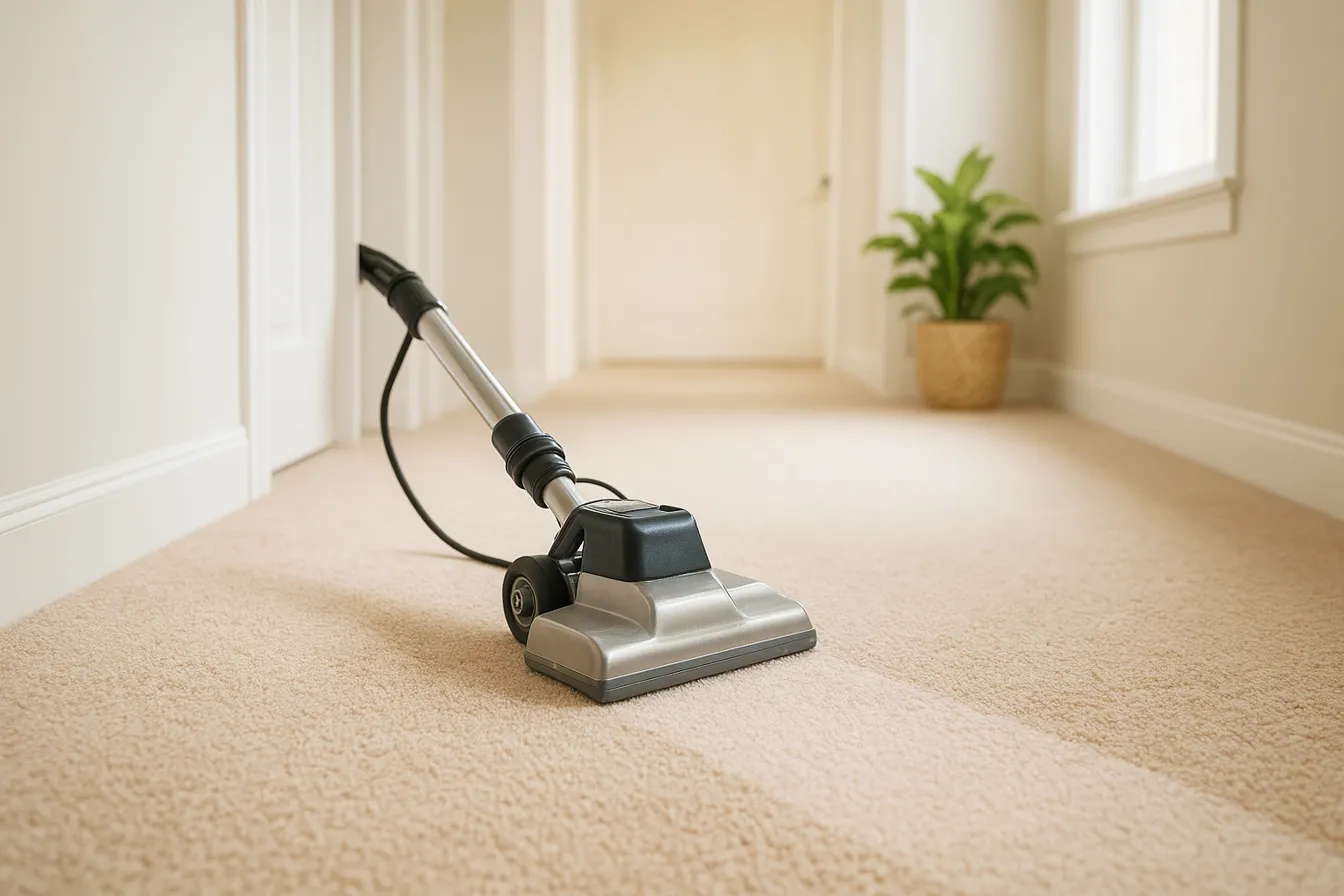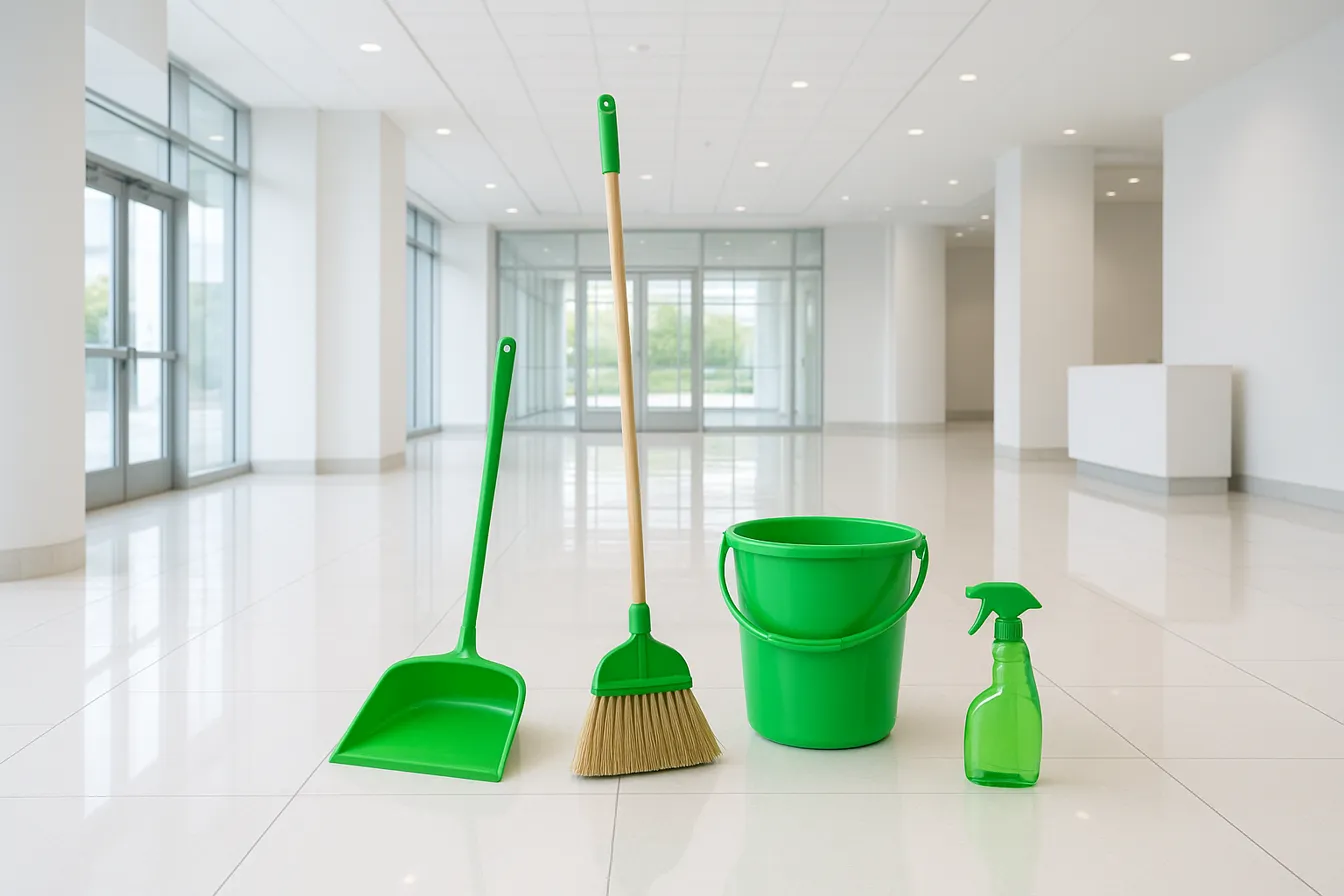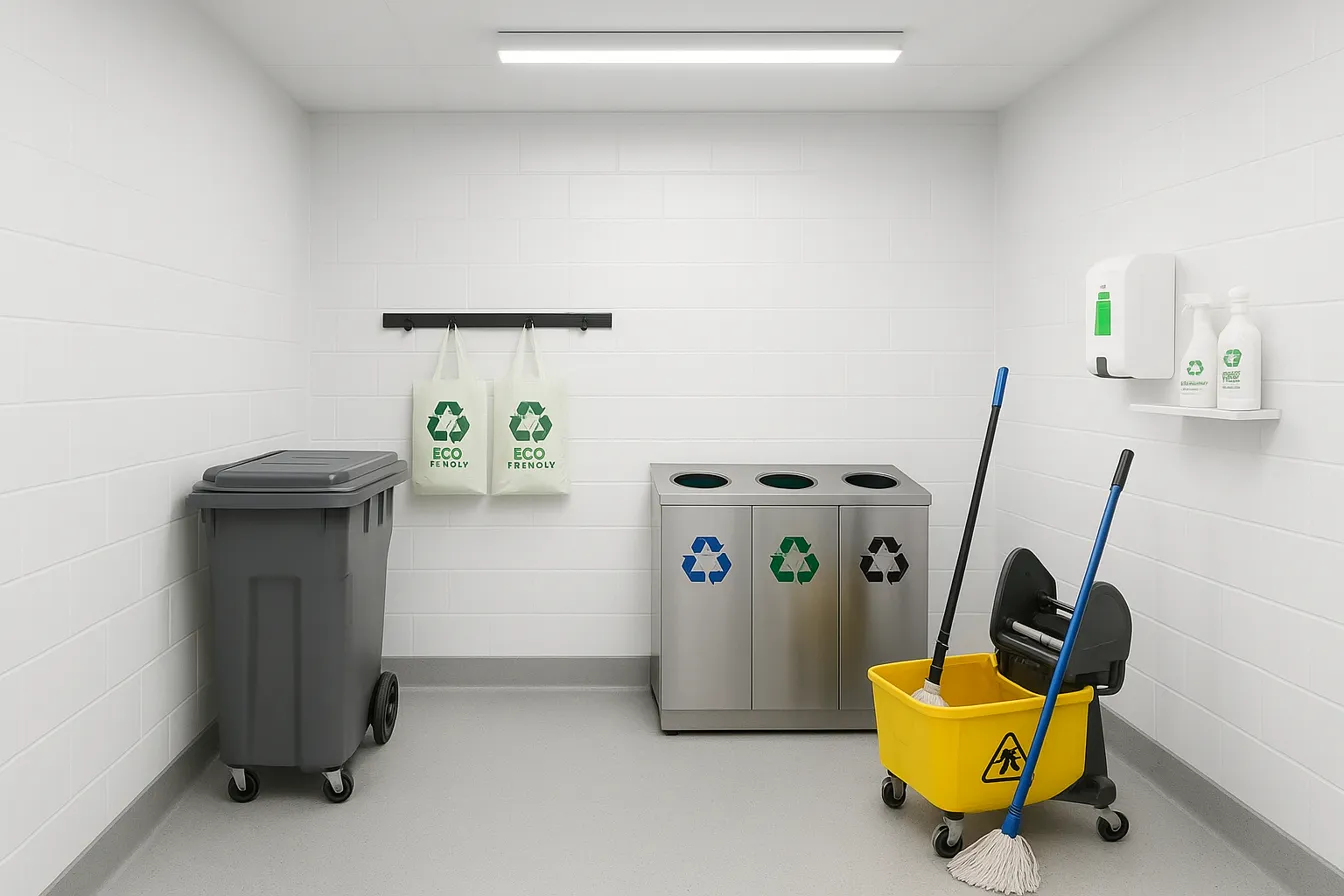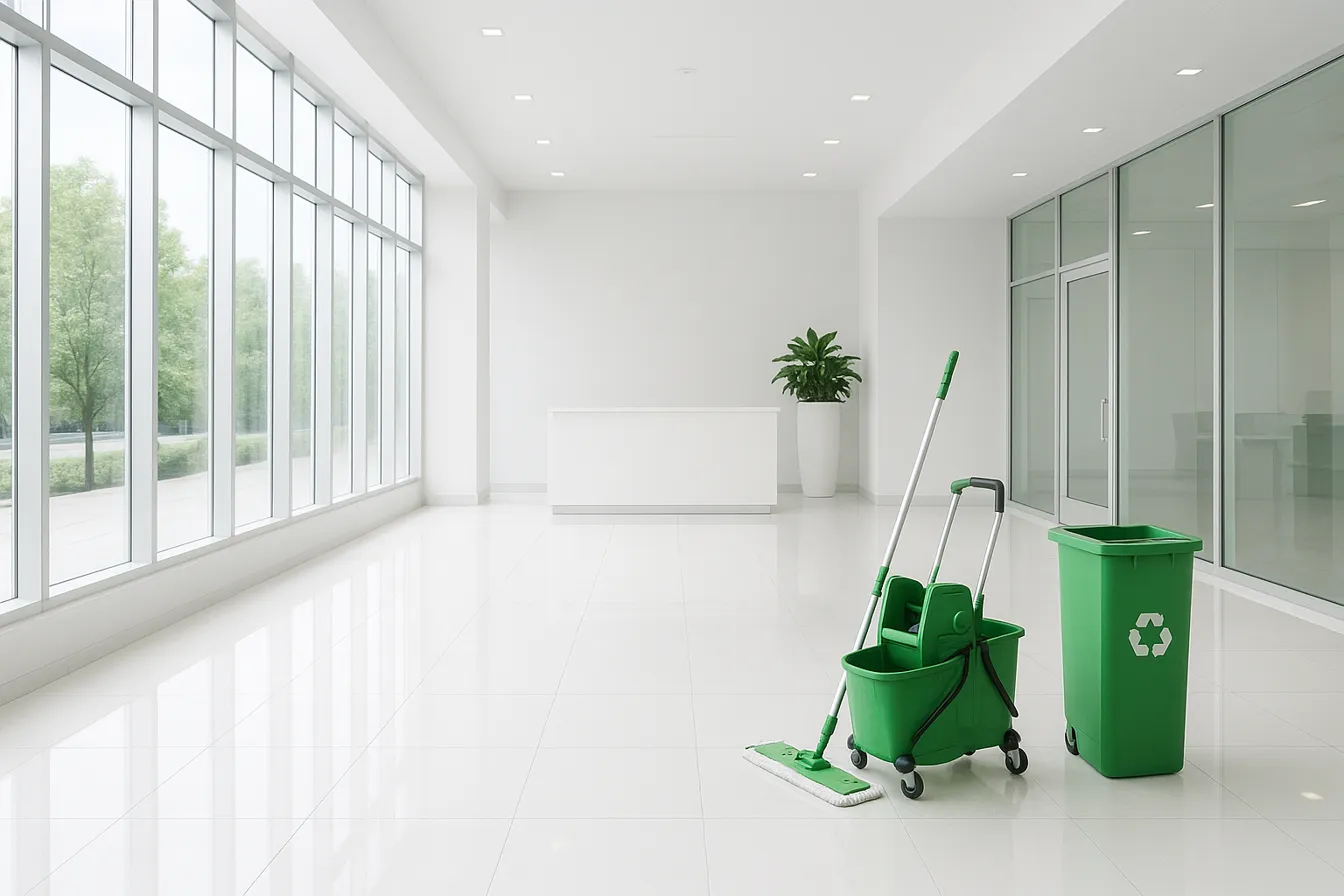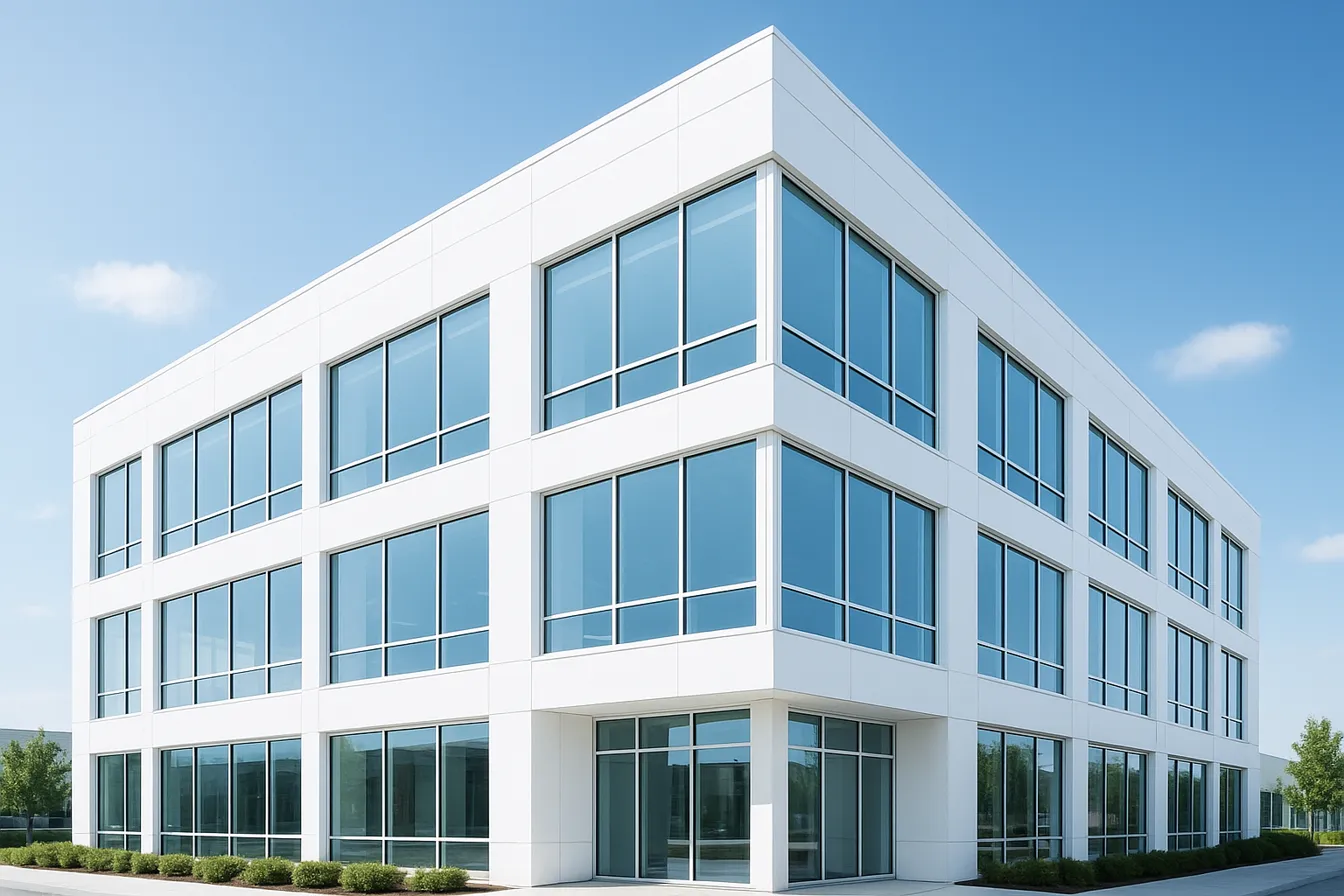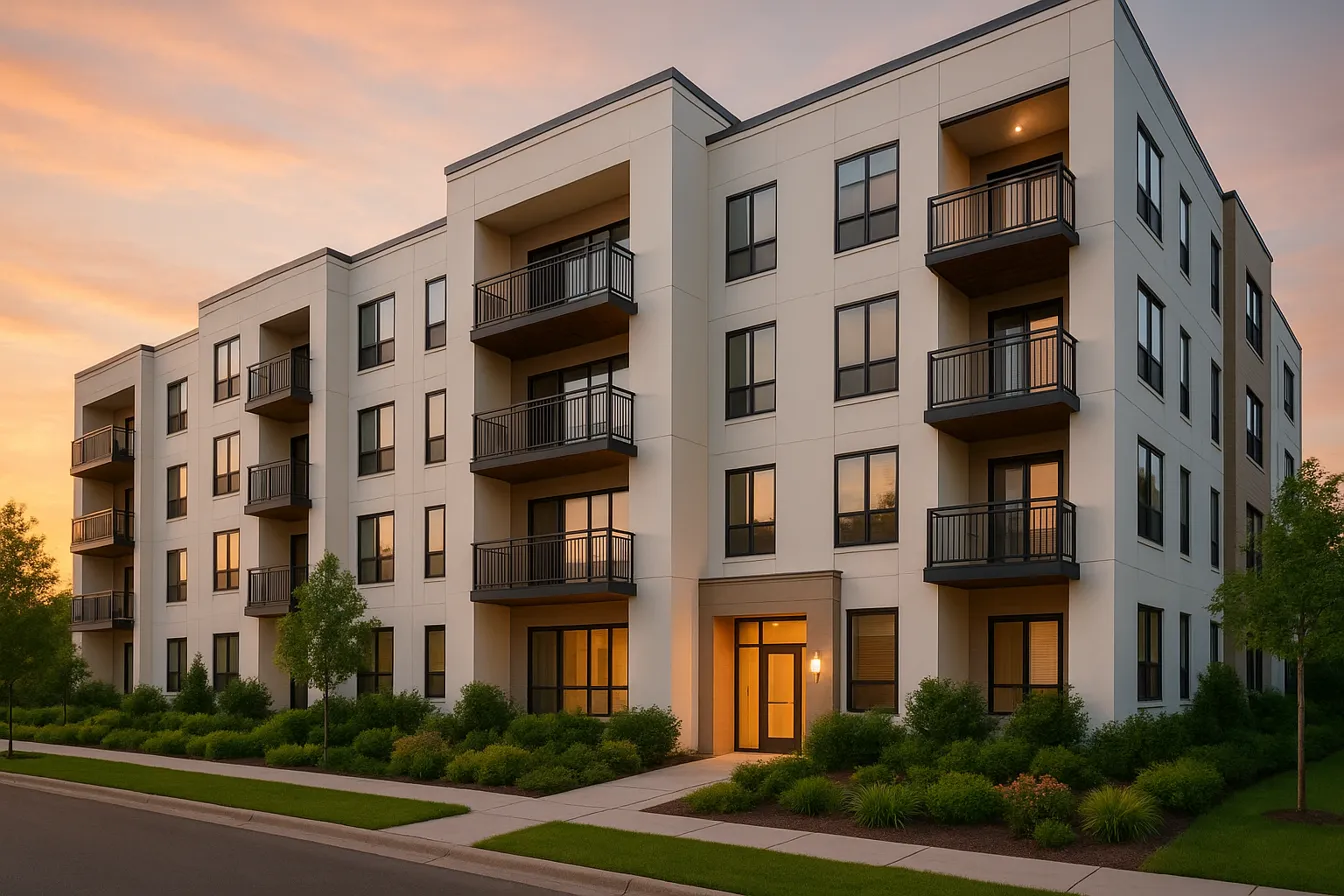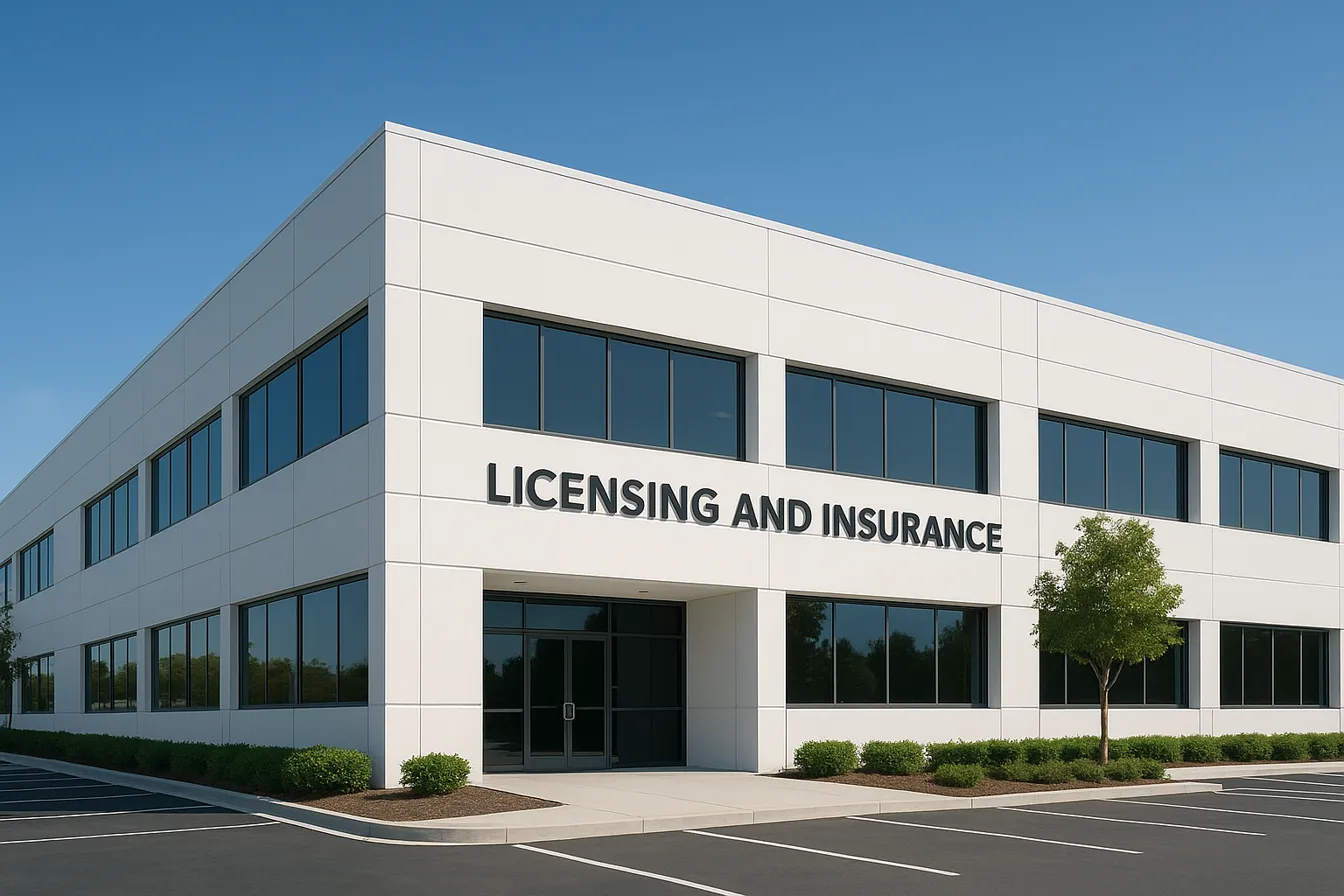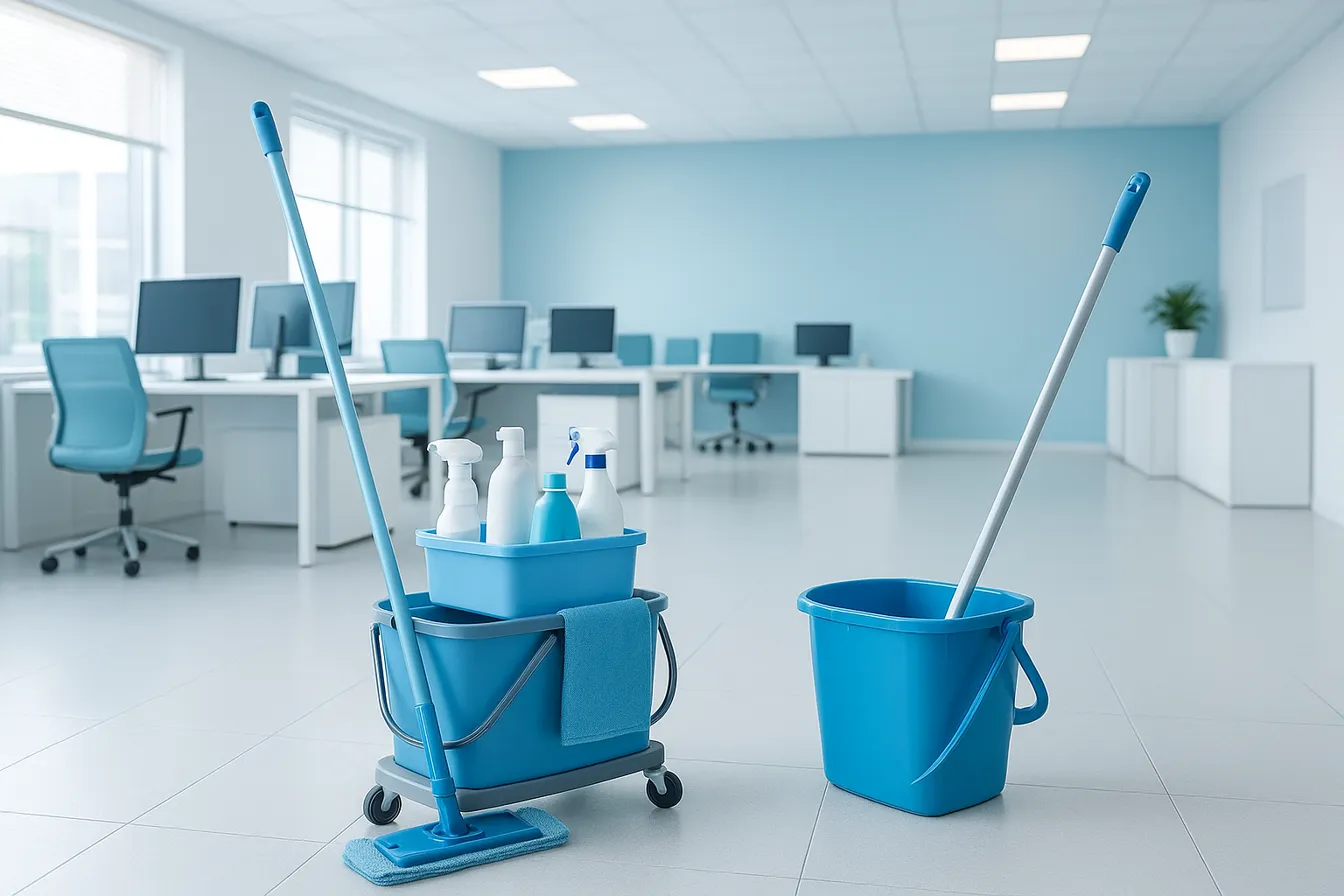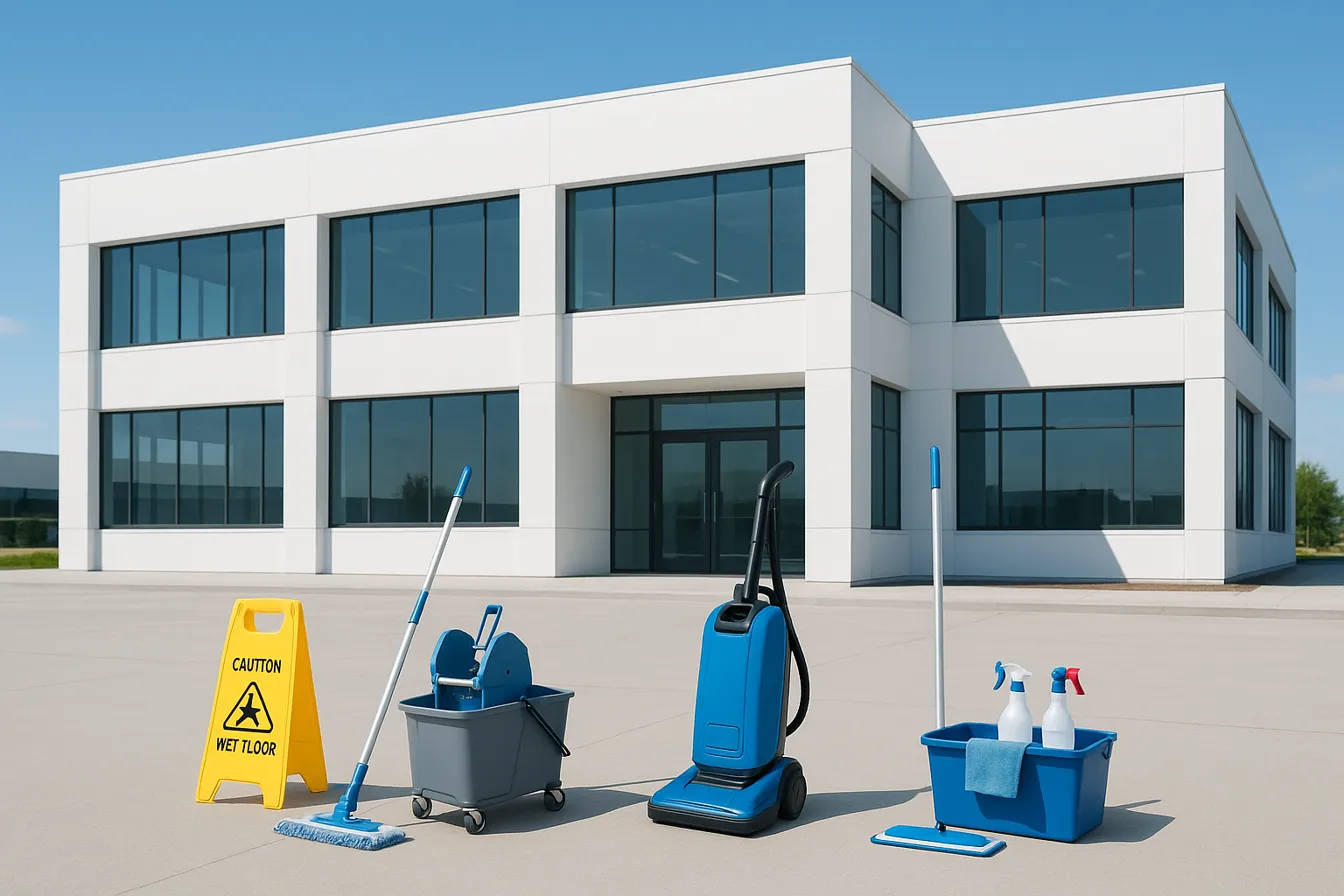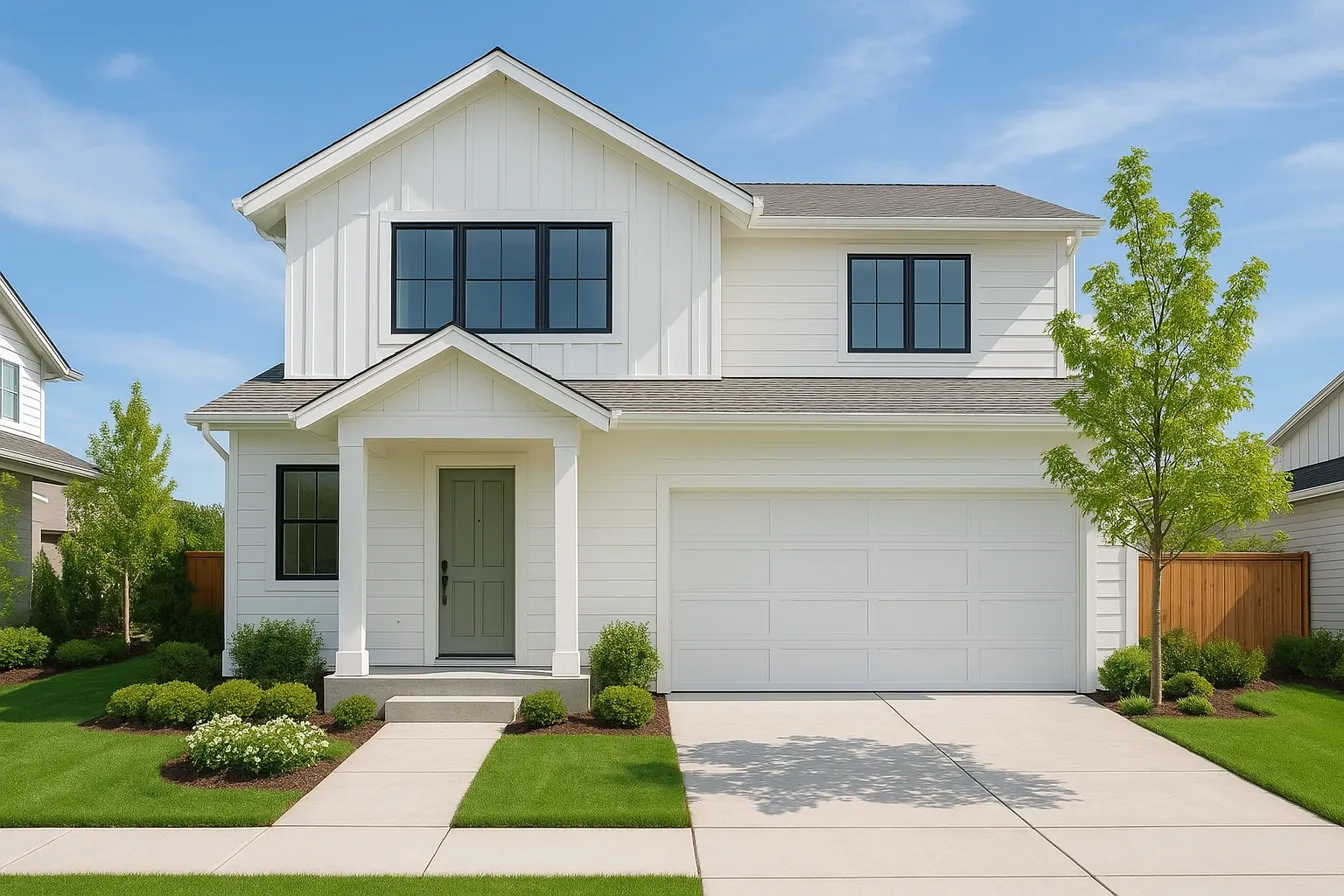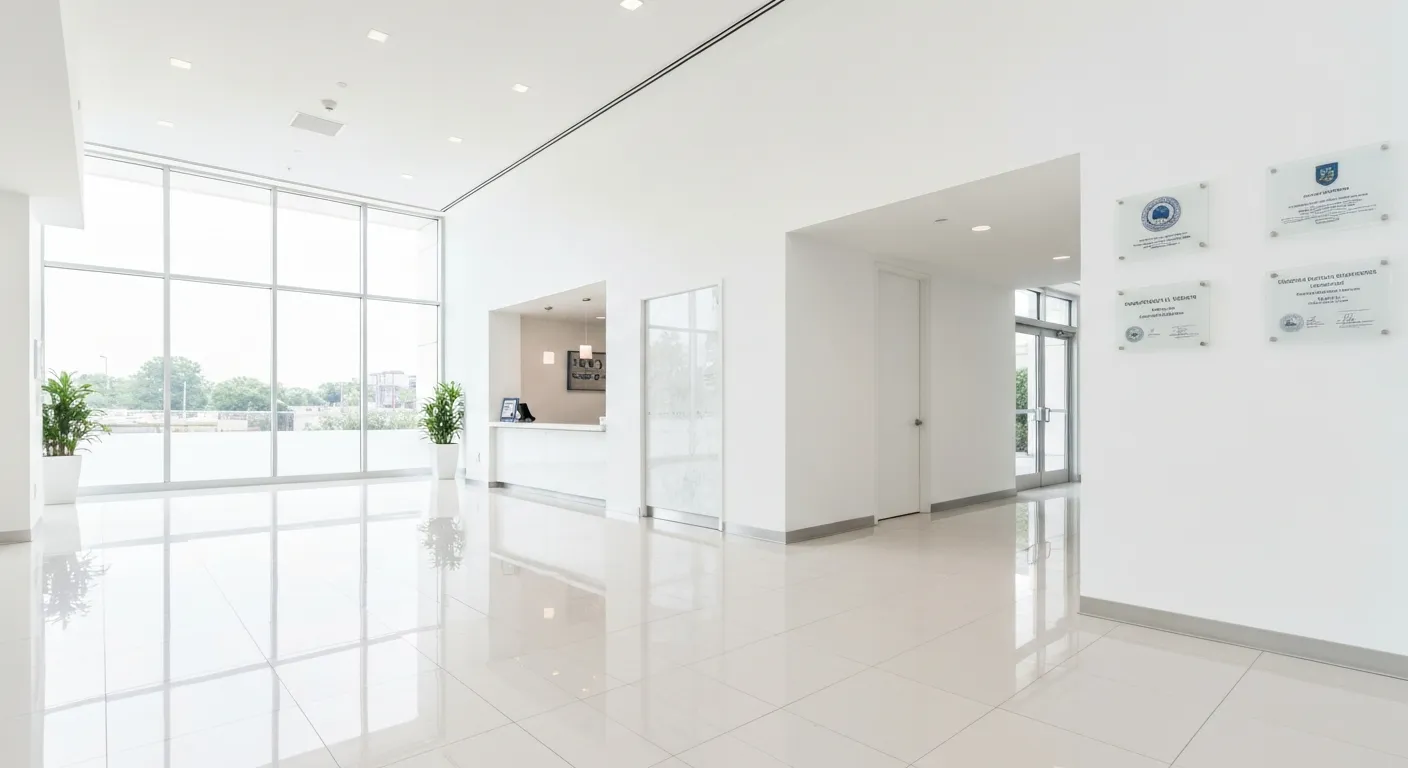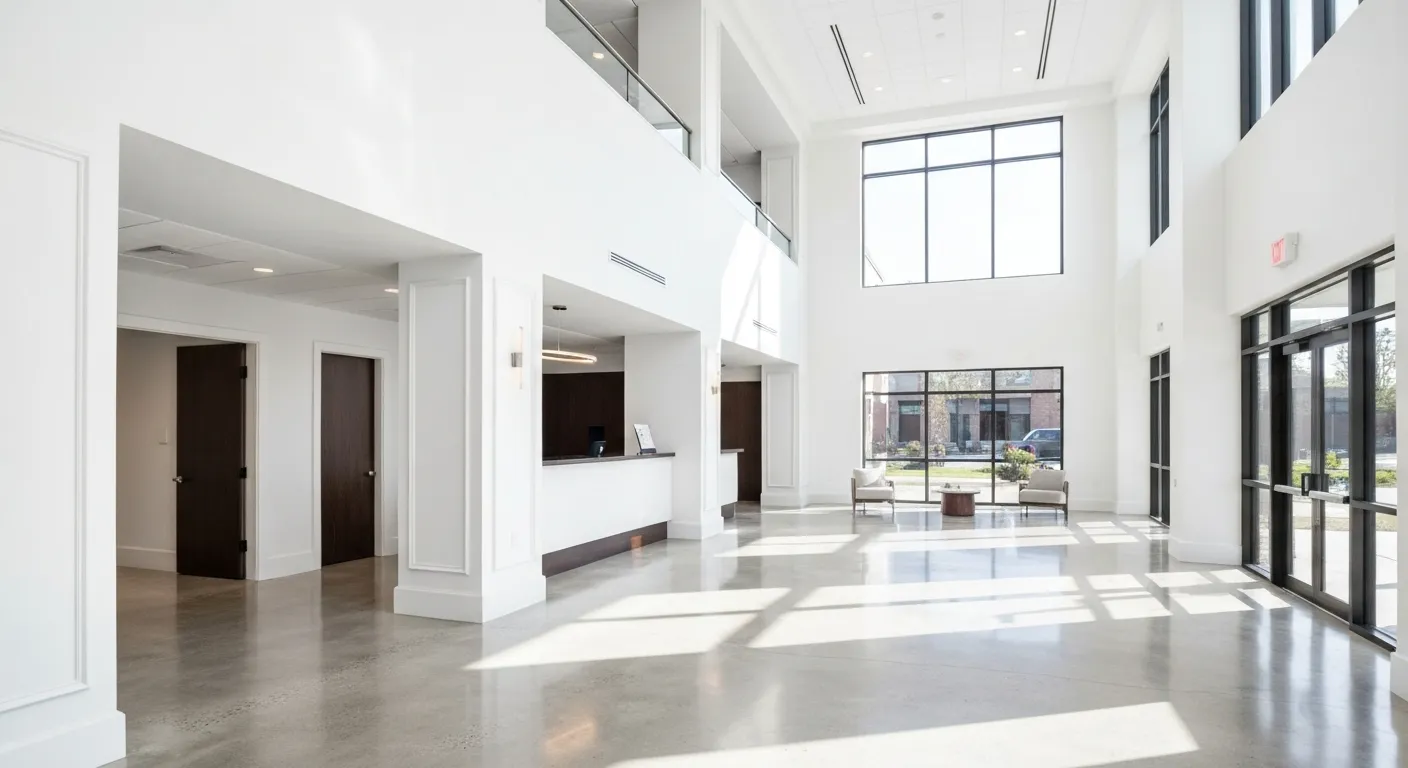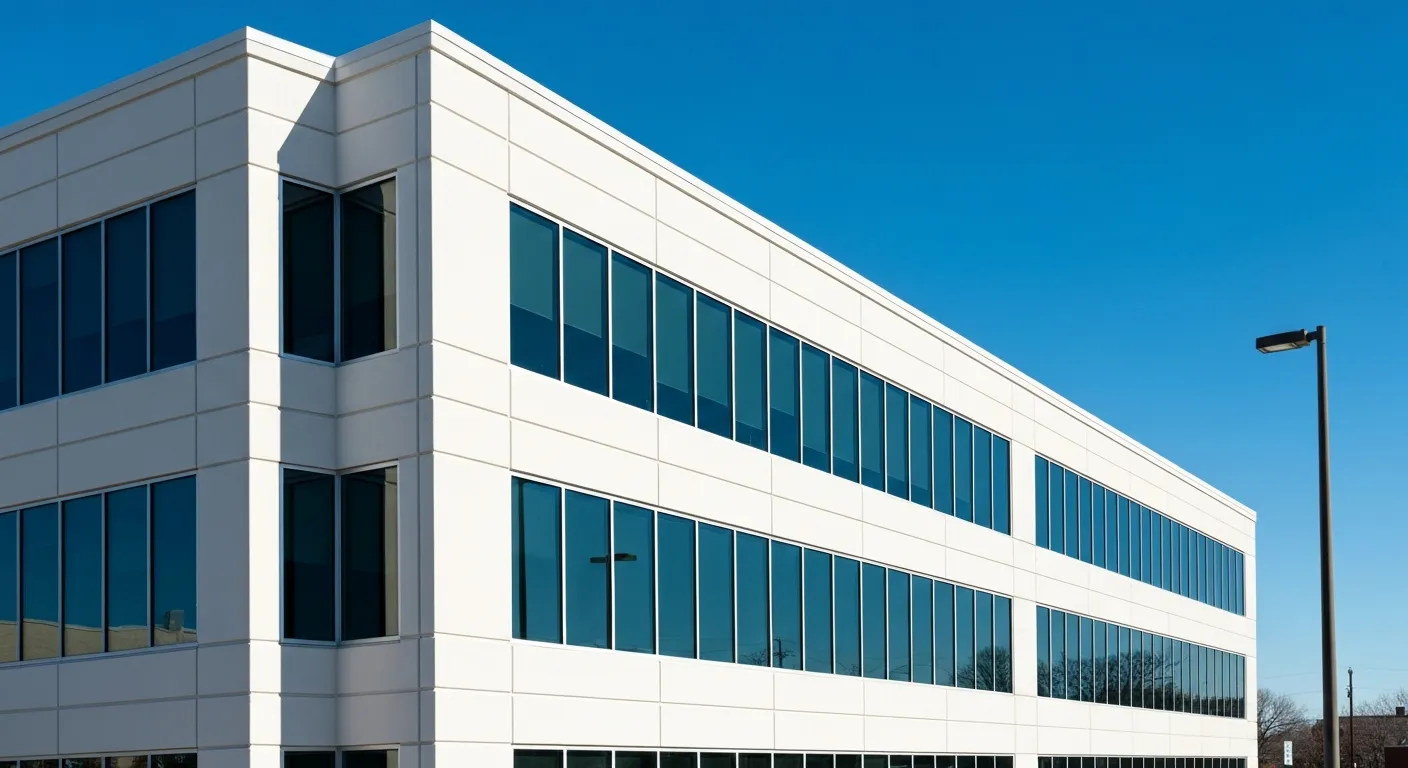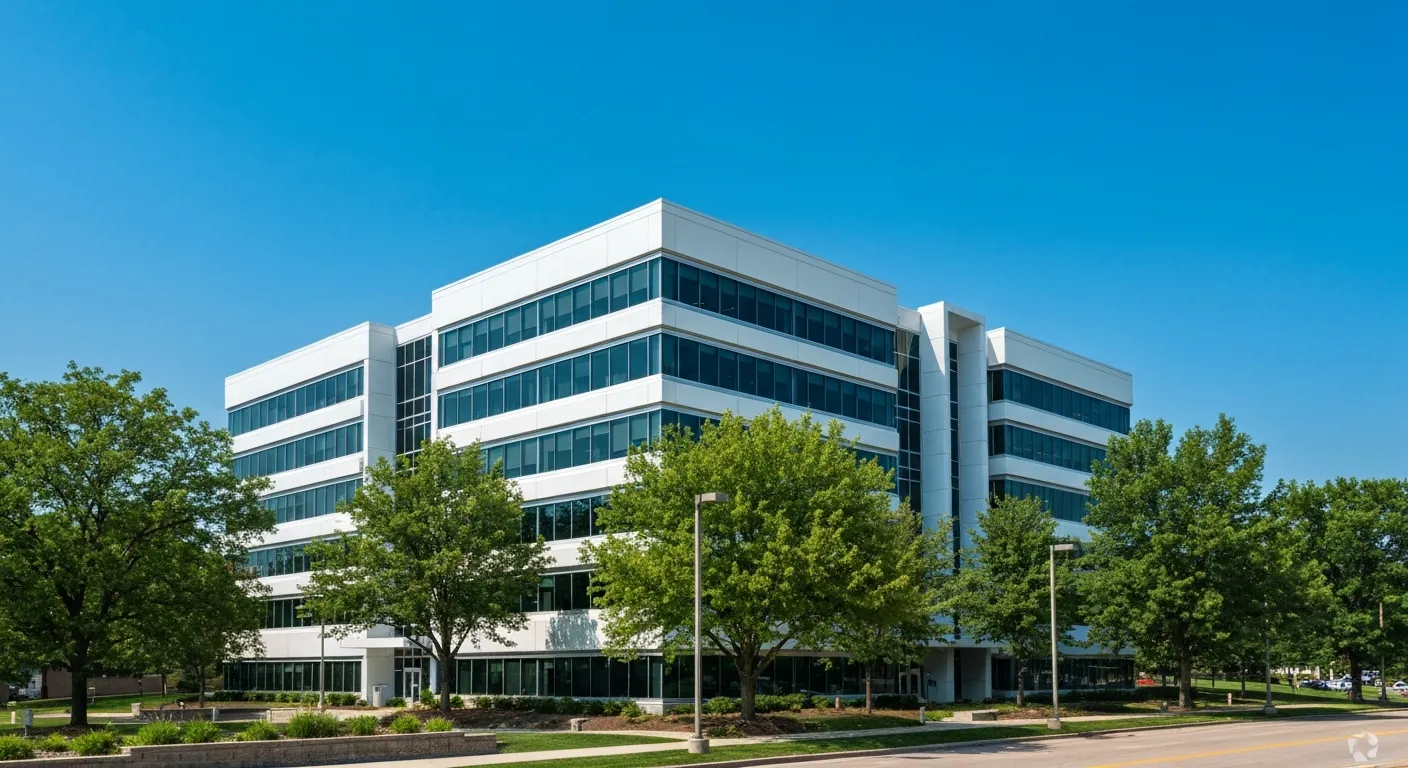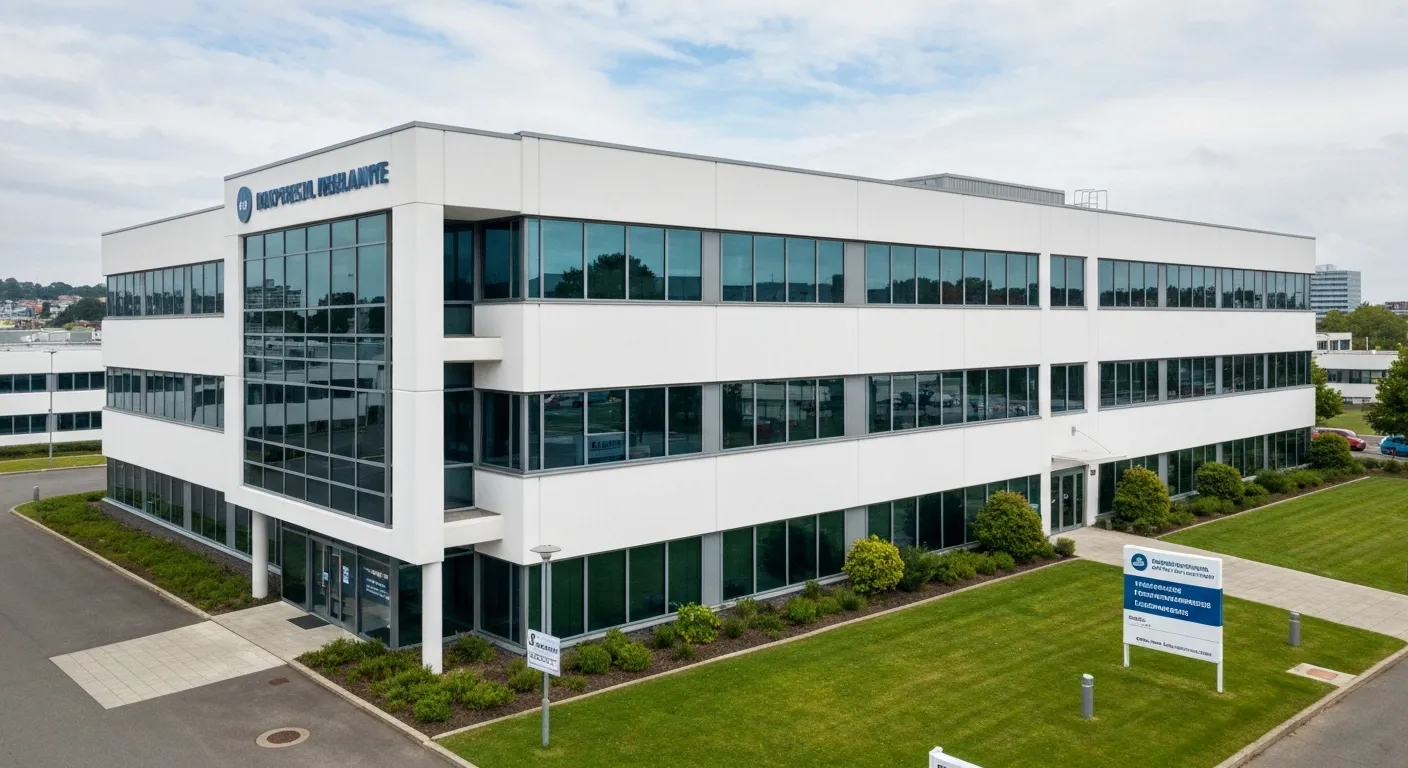How Our Licensing and Insurance Protects You and Your Property

Understanding the Foundations of Protection
Licensing and insurance serve as essential pillars in safeguarding homeowners, businesses, and individuals from financial loss and legal exposure. By ensuring that service providers and insurers are qualified and compliant with regulations, these safeguards create a safety net for property and personal interests. This article delves into how licensing and insurance work together to protect you and your property, the legal requirements involved, and the comprehensive benefits they provide.
The Role of Licensing in Ensuring Safe and Trustworthy Services

How do licensing and insurance policies safeguard property and personal interests?
Licensing plays a crucial role in ensuring that insurance providers and related professionals meet established standards and legal requirements. When an insurer or agent holds a valid license, it signifies they have fulfilled specific criteria, such as background checks, examinations, and adherence to legal regulations. This credentialing process helps prevent unqualified or fraudulent providers from operating, thereby protecting consumers' property and personal interests.
Insurance policies are designed to offer financial protection against various risks, such as property damage or liability claims. Licensing ensures that these policies are sold and managed by capable and legitimate entities, fostering trust and safety for policyholders.
What are the primary protections and safeguards provided by licensing and insurance policies?
The primary safeguard stems from the assurance that only qualified professionals can sell and handle insurance products. Licensing minimizes the risk of unprofessional practices by enforcing strict requirements before granting authorization to operate. These requirements often include background checks and passing industry examinations, which verify expertise.
Moreover, licensed insurers and agents are subject to oversight by regulatory bodies. This oversight allows for continuous supervision, industry accountability, and disciplinary actions like suspension or revocation if misconduct is detected.
Such regulations not only uphold service standards but also maintain industry integrity. They ensure that consumers receive trustworthy advice, appropriate coverage, and assistance in times of need. As a result, licensing and insurance policies serve to protect both individual property interests and broader societal trust in the insurance system.
Impact on consumer confidence and safety
Overall, licensing enhances consumer confidence by creating a safer environment where property, personal belongings, and financial stability are protected. When consumers select licensed providers, they have recourse through regulatory agencies if issues arise, ensuring safer and more reliable service.
Enforcement actions and industry accountability
Regulatory authorities actively enforce licensing standards through inspections, monitoring, and disciplinary measures. If an insurer or agent violates regulations, they can face penalties, suspension, or license revocation, which discourages misconduct.
This strict oversight helps maintain high industry standards and promotes accountability among providers, ultimately protecting consumers from scams, negligence, or malpractice.
| Aspect | Description | Additional Details |
|---|---|---|
| Licensing Standards | Set regulatory criteria for qualification and operation | Background checks, exams, legal compliance |
| Verification | Confirming qualifications and legitimacy of providers | Licensing authorities, online registries |
| Consumer Confidence | Building trust through regulated and certified services | Reduces fraud and malpractice |
| Enforcement & Accountability | Regulatory actions to maintain standards and discipline of misconduct | Penalties, license revocation, oversight |
This comprehensive framework of licensing and insurance policies creates a safer environment for property owners and individual clients by enforcing professionalism and accountability across the industry.
Legal Requirements Driving Licensing and Insurance Protections
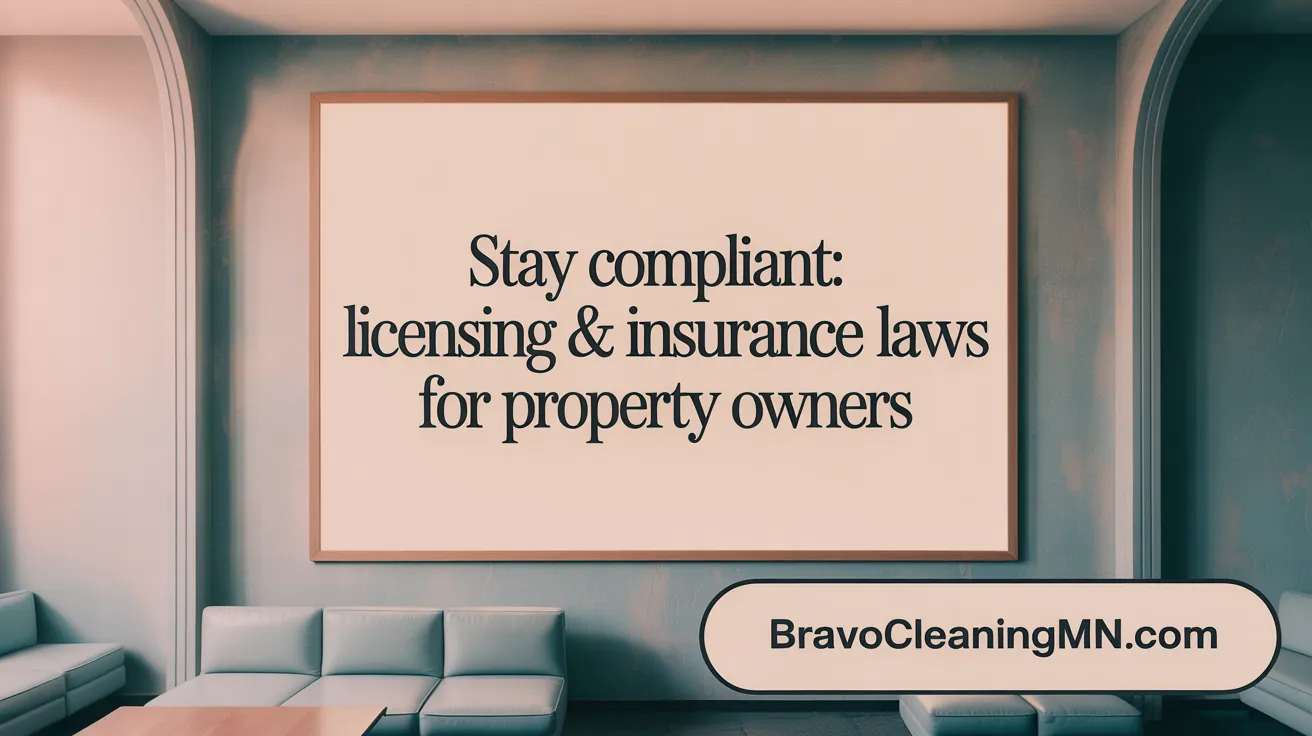
What are the legal requirements related to licensing and insurance protections for property owners?
Legal standards for property owners regarding licensing and insurance vary from one jurisdiction to another, but there are common principles that are widely enforced. To start, property owners often need specific licenses if they are involved in certain activities, such as property management or construction, ensuring they meet professional standards.
In addition to licensing, maintaining adequate insurance coverage is usually mandated. For example, in California, insurance companies must have their rates approved by the state's Department of Insurance. This oversight helps prevent unfair pricing and ensures transparency.
Most property owners are required to carry homeowners insurance, which typically covers extensive risks such as fire, windstorm, vandalism, and theft. For properties in areas prone to natural disasters like floods or earthquakes, additional specific policies might be necessary.
Laws also protect consumers by requiring clear disclosure of insurance coverages, limits, and exclusions. This ensures that property owners understand their coverage. During the process of rebuilding after a total loss, legislation often restricts insurers from canceling policies abruptly, providing homeowners with time to secure alternatives.
Besides insurance, property owners must adhere to local laws on property maintenance, health, and safety codes. Landlord-tenant laws, eviction procedures, and property upkeep regulations aim to safeguard public safety and property value.
In summary, property owners are subject to a comprehensive set of legal requirements designed to ensure proper licensing, adequate insurance protection, and adherence to local statutes. These measures work together to promote responsible ownership and financial safety.
How Licensing and Insurance Protect Homeowners and Their Properties
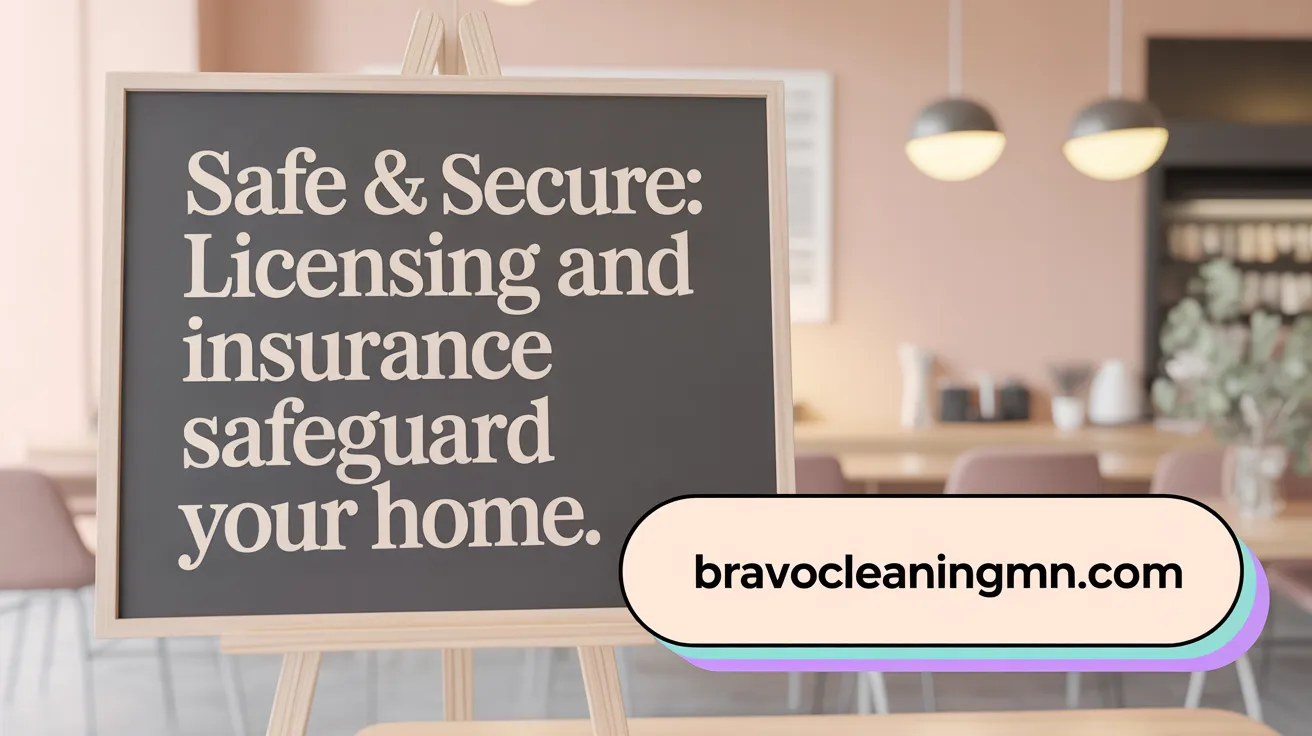
How do licensing and insurance protect homeowners and their properties?
Licensing and insurance play a crucial role in safeguarding homeowners and their properties. When contractors are properly licensed, they have demonstrated knowledge, experience, and adherence to industry standards, ensuring that repairs and renovations are performed correctly and safely. For example, Michigan’s licensing requirements through LARA include passing exams and obtaining certifications for specialties like plumbing or electrical work. This reduces the risk of substandard workmanship that can lead to future damages or safety hazards.
Insurance coverage further safeguards homeowners against unforeseen expenses. Liability insurance covers accidental injuries or damages caused during projects, protecting homeowners from costly legal liabilities. Worker’s compensation insurance also ensures workers are protected if injuries occur while on the job, preventing homeowners from being held responsible.
Working with licensed professionals who carry appropriate insurance helps maintain the home’s value over time. It ensures projects are completed to code, reducing the risk of costly repairs later. Moreover, in communities with homeowners associations (HOAs), adhering to licensing and insurance requirements is often mandatory, helping homeowners stay compliant with local regulations.
In essence, proper licensing guarantees a standard of quality, while insurance provides financial security against accidents and damages. Combined, these protections offer peace of mind, minimizing risks and preserving the integrity of the property, which is essential for any homeowner looking to protect their investment.
Understanding Personal Liability Coverage and Its Importance

What personal liability coverage includes
Personal liability coverage is a part of many homeowners and renters insurance policies. It provides financial protection if you are held legally responsible for causing injury to others or damaging their property. This coverage can help pay for legal expenses, medical bills for visitors who get injured on your property, and compensation for damages up to a certain limit.
Typically, liability protections are available with coverage amounts ranging from $100,000 to over $500,000. This flexible protection aims to cover most common liability risks that homeowners face.
Financial protection against third-party claims
Liability insurance mainly addresses third-party losses, which are damages or injuries caused to other people or their property by you, your family members, or even pets. For example, if someone slips and injures themselves on a wet floor in your home, liability coverage can cover their medical costs and any legal claims that follow.
This type of coverage also extends beyond just your home. It can protect you in other situations, such as injuries occurring at a hotel during a vacation or at a neighbor’s property.
Coverage limits and exclusions
While personal liability coverage provides substantial protection, it is important to understand its limits and what is not covered. Standard policies specify a maximum amount they will pay per claim, which can be increased if needed.
Certain damages are not covered under typical liability policies. These include damages related to business activities, injuries caused intentionally, or incidents involving auto accidents. It does not cover damages related to your professional work unless you have a separate professional liability policy.
Relevance for homeowners and property owners
For homeowners and property owners, liability coverage is a vital part of safeguarding their assets. It helps prevent financial hardship resulting from costly legal disputes or medical bills for injuries sustained by visitors.
Given that accidents can happen unexpectedly, having sufficient personal liability protection is an essential part of your overall property protection plan. Reviewing and adjusting your coverage limits annually ensures ongoing protection as your property and lifestyle change.
| Aspect | Description | Additional Notes |
|---|---|---|
| Coverage scope | Protects against injuries and property damage to others | Excludes auto, business, and intentional damages |
| Typical coverage amount | Usually ranges from $100,000 to $500,000+ | Can often be increased based on needs |
| Common incidents covered | Slips, falls, pet bites, minor property damage | Does not cover professional or auto liability |
| Situations covered | Injuries or damages at your home or when traveling | Extends to some off-premises incidents |
Understanding personal liability coverage helps you protect your assets and avoid unexpected financial strain. Proper coverage tailored to your needs offers peace of mind for everyday life and accidental mishaps.
Scope, Exclusions, and Benefits of Insurance Policies for Property Protection
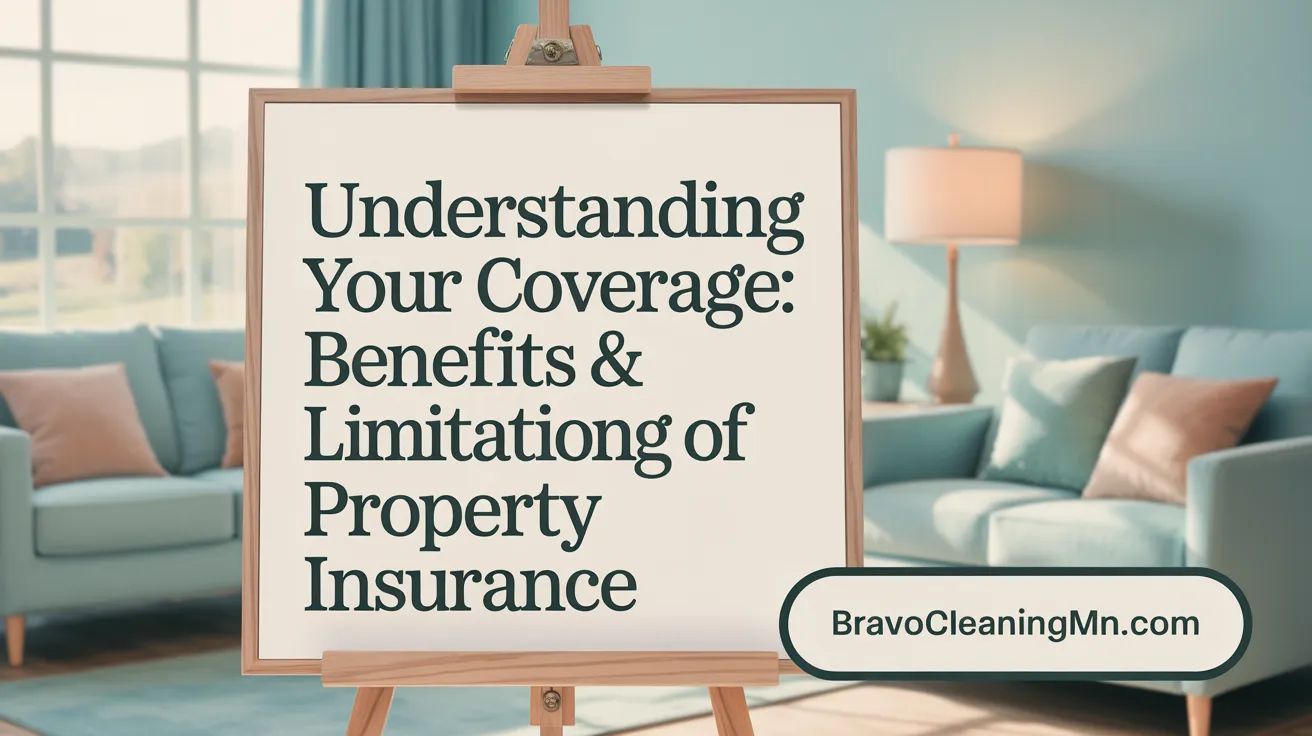
What is the scope of coverage, exclusions, and benefits of typical insurance policies related to property protection?
Property insurance policies generally provide coverage for damages caused by common risks such as fire, theft, and certain natural calamities. These policies are designed to help property owners recover financially after unexpected events by reimbursing repair or replacement costs. For example, if a fire damages your home, a standard policy will typically cover damages to the structure and personal belongings.
Benefits also include liability protection, which covers injuries or damages caused to others on your property, and additional living expenses if you need to temporarily relocate.
However, policies usually have exclusions—specific events or damages that are not covered. Common exclusions often include issues like wear and tear, damage from termites, intentional damage, or cyber incidents. Natural disasters such as floods and earthquakes are usually excluded unless special endorsements are added.
Added endorsements or riders are available to expand coverage. These supplemental policies can include protection against floods, earthquakes, or other risks not covered in the standard policy. Regularly reviewing the policy and discussing options with insurance agents ensures the policy aligns with your coverage needs, providing a broad safety net against potential property losses.
How does insurance protect individuals and properties within the scope of company policies?
Insurance functions by shifting the financial burden of risks away from individuals or businesses to the insurer. Within the scope of company insurance policies, property coverage ensures that damages from fires, theft, vandalism, or natural events are financially manageable. When damage occurs, the insurer pays up to the policy limits to repair or replace the damaged property.
Liability protection is equally important, covering legal costs and damages when a third party experiences injury or property damage due to the insured’s actions or property. These coverages specify limits, deductibles, and applicable exclusions, defining what is protected.
By offering financial backing, insurance helps individuals and businesses avoid devastating out-of-pocket costs, maintaining stability even amid unforeseen events. Understanding the scope, limitations, and supplementary options available in policies ensures comprehensive coverage tailored to specific risks.
Ensuring Peace of Mind Through Licensing and Insurance
The intersection of licensing and insurance creates a robust framework of protection for property owners and individuals alike. Licensing guarantees that only qualified and compliant professionals and insurers engage in providing services, which prevents fraud and substandard work that could jeopardize property safety. Insurance policies offer financial coverage against a wide range of risks, from property damage to personal liability, cushioning against unexpected costs and legal claims. Staying informed about legal requirements, coverage scopes, and maintaining updated policies ensures comprehensive protection and legal compliance. Ultimately, these safeguards empower property owners to confidently protect their investments and secure their personal interests against the uncertainties of life.
References
- An Overview of Property and Casualty Insurance
- Get business insurance | U.S. Small Business Administration
- Learn how home insurance works
- Exclusions in Business Insurance Policies: What's Not ...
- What Are Insurance Exclusions? | Insights
- The Scope of a Business Owner's Policy – Inclusions and ...
- Homeowners Personal Liability Insurance
- What Does Personal Liability Insurance Cover?



